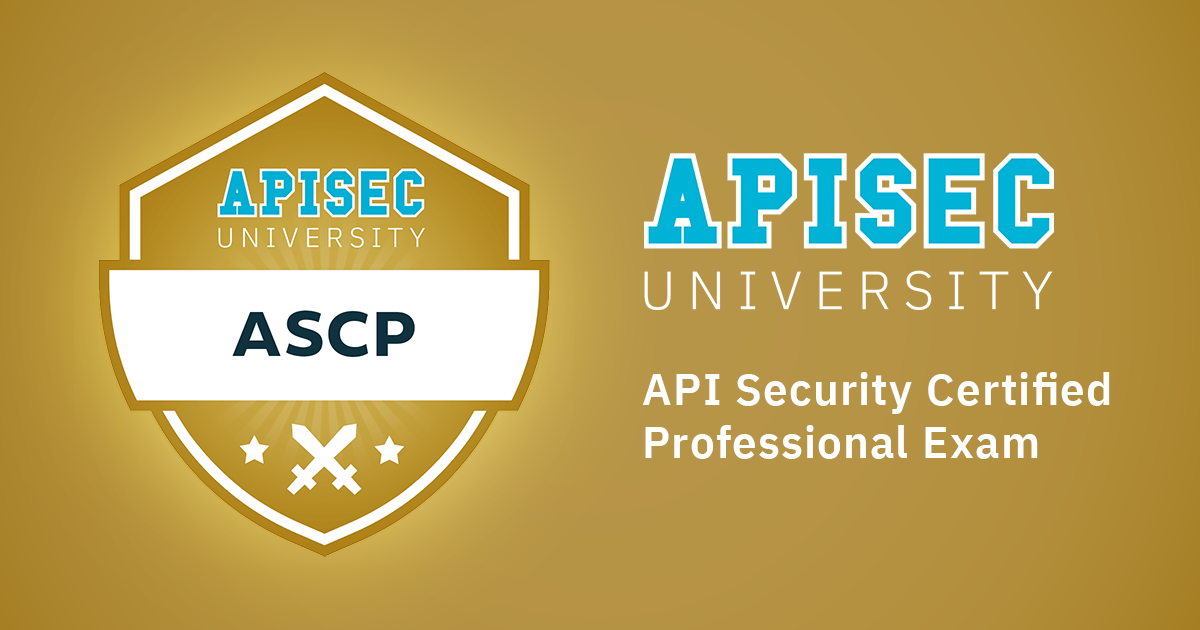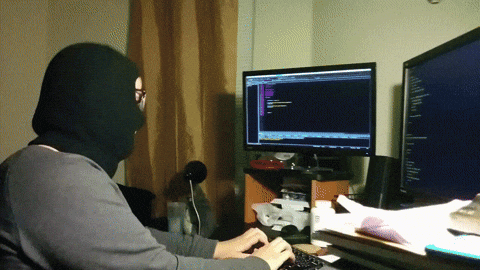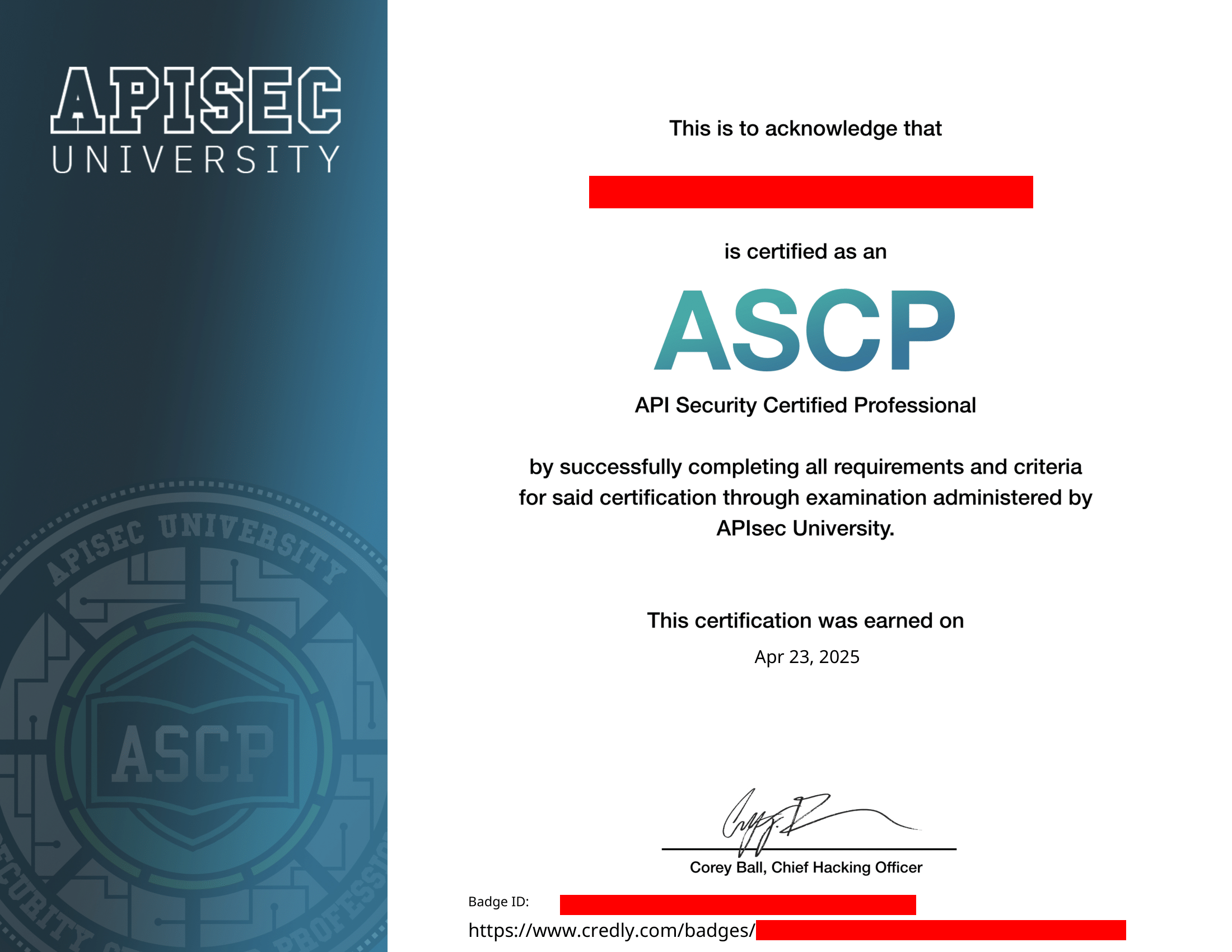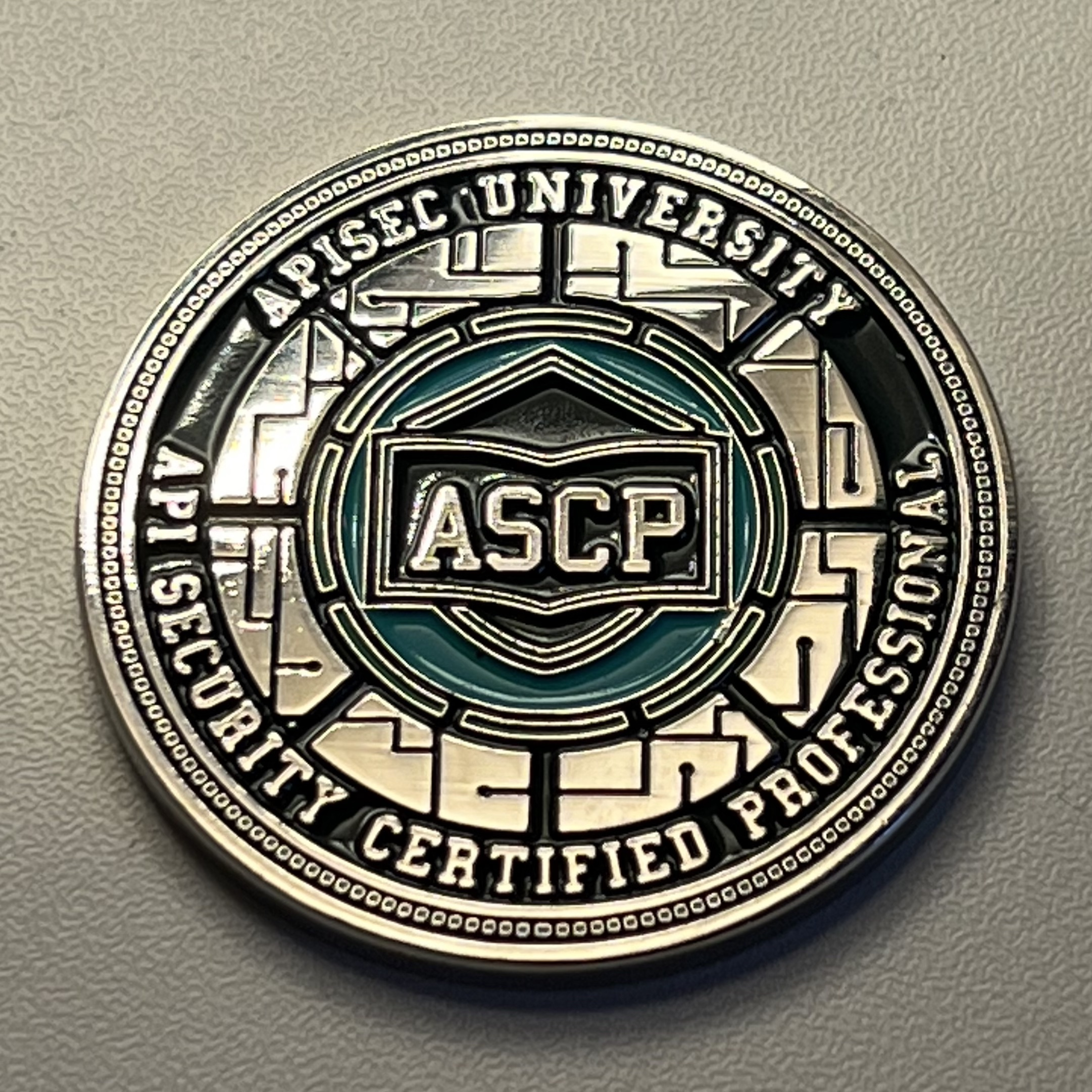Cracking the ASCP: My APIsec University Journey
Table of Contents

So, you’ve heard about API security being the next big thing in tech - but where do you even start? Let me introduce you to APIsec University, the free, no-strings-attached training hub that’s like the Hogwarts of API hacking. Seriously, whether you’re a newbie or a seasoned pro, they’ve got courses that’ll turn you into an API security wizard. And did I mention it’s completely free? Isn’t that so cool?
Choosing Your Challenge: The Certifications #
APIsec University offers a few different certifications, letting you choose the level that fits your experience:
- Certified API Security Analyst (CASA): This is a good starting point. It covers the fundamentals, especially the OWASP API Top 10. It’s a 100-question, 2-hour exam, aiming for an 80% pass mark. Think of it as building your foundational knowledge.
- APIsec Certified Practitioner (ACP): The next step up. This involves completing five specific core courses and then passing a 100-question exam based on that material. It shows you’ve grasped a broader range of APIsec concepts.
- API Security Certified Professional (ASCP): This is the most advanced, hands-on certification they offer. It’s not a multiple-choice test; it’s a practical, 12-hour penetration testing exam where you assess two live API applications.
Btw, I passed all three certs 😎
A Closer Look at the ASCP Exam #
The ASCP exam was the one that really caught my interest because it mirrors real-world work. You schedule a 12-hour window that works for you, and then you dive into testing two custom-built applications. The goal is to find vulnerabilities and submit specific “flags” as proof.
One aspect I really appreciated is that it’s completely open-book. You can have your notes, tools, and any online resources ready. They even have a free API Penetration Testing course specifically designed to help you prepare for this exam – I’d highly recommend going through it.
What makes the ASCP feel relevant is its focus on realistic scenarios. You often need to chain multiple findings together to exploit deeper issues, which is very typical of actual API penetration tests.
The exam costs $450, and it includes one free retake if you need it. It’s worth keeping an eye on the official APIsec University Discord channel and their LinkedIn page, as they occasionally run scholarship contests or give away free exam vouchers. I was fortunate enough to get a scholarship myself, which covered the cost.
My Experience with the ASCP Exam #

Sitting down for the ASCP exam definitely brought that mix of nerves and excitement you get before a big test. I started my 12-hour window at 10:30 AM and settled in. I was immediately relieved to find the remote lab environment stable – no frustrating technical glitches throughout the entire session.
The first couple of hours involved plenty of reconnaissance, mapping out the applications, and trying initial approaches. It took some time to get the first foothold, but persistence paid off:
- 12:55 PM: First flag captured! A great feeling to get on the board.
- 1:47 PM: Second flag down. Things started moving a bit faster now.
- 2:00 PM: Third flag found shortly after.
- 2:13 PM: Fourth flag – momentum was building.
- 2:57 PM: Fifth flag secured.
- 4:43 PM: Sixth flag captured! This was the official passing threshold, which was a huge relief.
Even though I knew I’d passed at that point, I wanted to push further and see how many more flags I could find within the time limit. The challenge was engaging, and I was deep in the testing mindset. After digging deeper and trying different attack chains:
- 9:14 PM: Seventh flag captured! This one took quite a bit longer, requiring more complex steps.
Time officially ran out at 10:30 PM. I didn’t manage to get the final eighth flag, but I finished feeling accomplished having passed with 7 out of 8.
What really stood out during the exam, especially looking back at the flag times, was how discovering one vulnerability often provided clues or access needed for the next. It wasn’t just about finding isolated bugs; it was about understanding the flow, seeing how different API endpoints connected, and figuring out how one weakness could be leveraged to find another. Making quick notes about any unusual responses or interesting endpoints definitely helped connect the dots, especially during the longer gaps between flags. It really reinforced that the exam is designed to mimic the logical process of testing real APIs.
How I Prepared #

My preparation involved using a few different resources:
- APIsec University’s API Pentesting Course: This free course by Corey J. Ball was my main starting point for practical techniques.
- Corey Ball’s “Hacking APIs” Book: A fantastic, in-depth resource for understanding API vulnerabilities and testing methodologies. Highly recommended for the exam and just general knowledge.
- Alex Olson’s “Practical API Hacking” Course (TCM Security): This offered more hands-on labs and exposure to different types of API attacks.
- Practice CTFs: I worked through APIsec University’s own CTF challenges (like “One Request to Rule Them All”) and some of their conference CTFs. These were invaluable for getting used to the flag-hunting format in API contexts.
- PortSwigger’s Web Security Academy API Labs: These labs helped solidify my understanding of specific vulnerability types in APIs.
Combining structured learning from the courses and book with lots of hands-on practice in the labs and CTFs felt like the right approach.
What You Get When You Pass #
Successfully passing the ASCP exam earns you more than just validation of your skills. You receive:
- A digital Credly badge you can share on LinkedIn or other platforms.
- A physical certificate and a collectible challenge coin (isn’t that so prettyy) mailed to you by APIsec University.


Final Thoughts #
The ASCP isn’t easy, but it’s doable if you prep smart. Focus on hands-on practice, keep your tools handy, and don’t overthink it. And if you’re stuck during the exam? Take a breath - sometimes a coffee break is the best debugging tool.
Good luck, and see you on the other side.